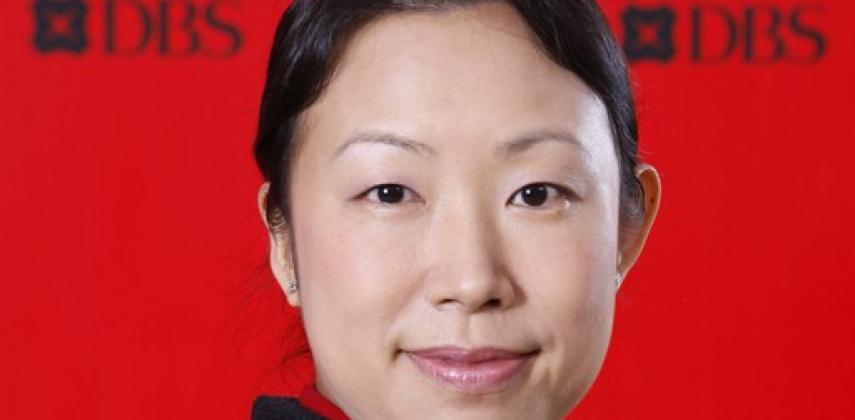Even in the toughest of times, banks need to keep a close watch on their talent pipeline to ensure a sustainable workforce to meet client demands and future growth.
"People development is a long-term commitment," says Sharon Cheng, DBS Bank (HK) managing director and head of human resources, Hong Kong and China. "We believe in engaging, developing and retaining talent during bad times as well as good times," she adds.
Cheng says the continued success of their retail banking operations is largely based on how successful their future leaders perform.
"We believe in developing home-grown talent that will help build and sustain our company culture that can stand the test of time," she says.
"We particularly take pride in the 24-month DBS Management Associate Programme (MAP) that made its debut in 2003, with an aim to groom the next generation of our business leaders. Many of our young talent who graduated from the MAP are already spearheading challenging leadership roles across units within the bank," Cheng adds.
She says the programme is designed to develop a pipeline of talent across retail banking, management and operations.
To ensure DBS keeps a sustainable pipeline of talented executives from entry to senior levels, the bank offers various talent development programmes catering to the needs of young and emerging talent, as well as established and lead talent.
MAP applicants undergo tough interviews, which include different scenarios handled as a group discussion. Each candidate is asked to present a case study that he or she must be able to explain and defend before an interview panel. They also take part in role-play handling a difficult customer.
"Even if it is almost impossible to answer the questions, we want to see how candidates handle themselves in challenging situations," says Cheng. "In addition to academic qualifications and a passion and commitment to succeed in banking, we also look for people who are creative and show the competencies to question and provide solutions."
Cheng says as economies go through cycles, DBS seeks staff who can grow with the bank and embrace its corporate culture.
Cheng says the 24-month MAP is challenging as it is rewarding. Besides the 11-week campus induction programme held at DBS headquarters in Singapore that covers financial and professional skills, training also includes rotational stints across business units. Highlights include enriching interactions with senior management, including the group CEO and senior management team, which will provide a mentor for each trainee. Networking opportunities with other management associates in the region are also included to promote Asian relationships, insights and connectivity.
"We are looking at the long-term strategic goal in Greater China. So, on top of the talent development programmes, we endeavour to enhance our brand awareness, staff engagement and internal mobility at all levels to make DBS a preferred employer," says Cheng.
In addition to providing extensive training programmes, DBS also emphasises work-life balance, which is considered an important part of the DBS culture, says Cheng.
"We are an Asian bank, and we respect our employee's commitment to their families. Therefore, we have many initiatives that balance work and life around the family," says Cheng, adding the bank uses a focus group to provide feedback on their programmes.
"We make concerted efforts to show how much we care and value our employees so that they will believe their efforts are valued and have impact and meaning to the bank and to themselves," says Cheng.


